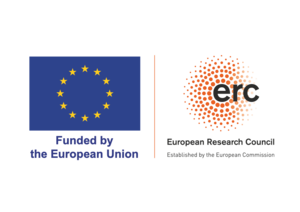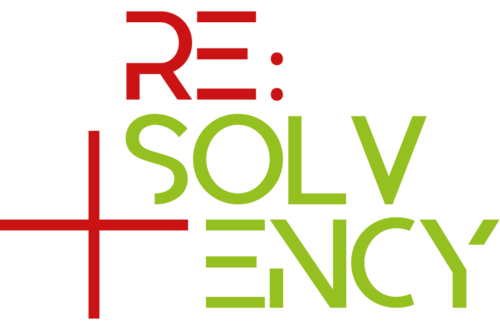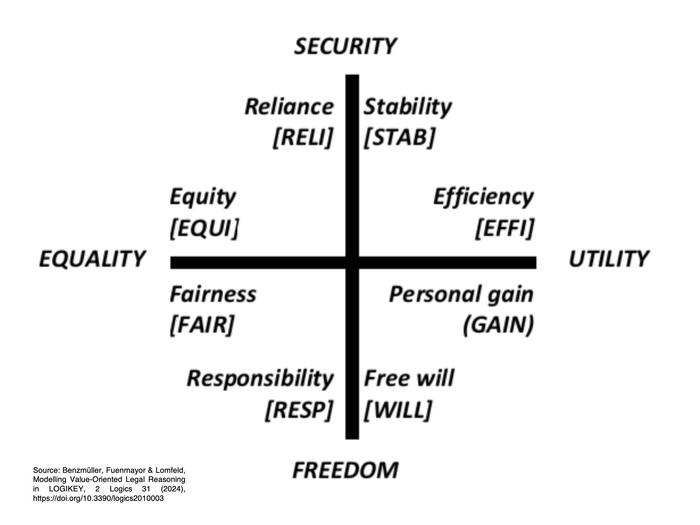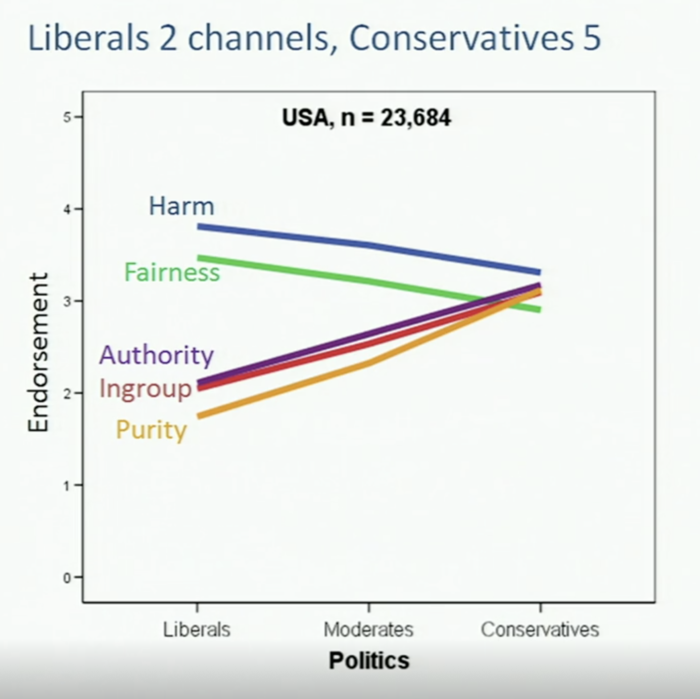The Normative Grammar of Debt
Project Stream 10 · Prof. Dr. Bertram Lomfeld / Max Ablass
One essential theoretical foundation of the whole RESOLVENCY project is the “discoursive normative grammar” (DNG) model. The DNG framework is not only used specifically within the comparative projects (PS1, PS2) but allows more generally to outline a normative grammar of debt (regimes).
DNG can be understood as a reconstructive model that seeks to articulate the basic normative structures of institutional social (i.e. legal) orders. It is both pluralistic—insofar as it acknowledges the contextual specificity of different legal systems—and integrative in aiming to theoretically represent the diversity and complexity of empirical legal (normative) reality.
At its core, DNG is built on the premise that law reflects and realizes a balance between socially embedded values, which can themselves be rationally justified. In this view, the fundamental function of law lies in mediating between four key normative poles of social orders (individualistic) “FREEDOM”, (collectivistic) “SECURITY”, (functionalistic) “UTILITY” and (idealistic) “EQUALITY”. As a socio-legal institution also the justification of and controversial debate over debt and debt deliberation could be reconstructed within this “political” grammar.
A central challenge of the DNG model is to determine whether, and on what grounds, these values can be reasonably defended as foundational to institutionalized social (legal) orders, e.g. debt regimes. Against this backdrop, an interdisciplinary approach offers significant potential to enrich legal and philosophical analysis. By incorporating empirical research on the moral beliefs of groups and societies, and by engaging with related fields sucs moral psychology, anthropology, sociology, and neuroscience, DNG opens itself to broader sources of normative insight.
One of the most influential contemporary approaches in the empirical study of morality is the Moral Foundations Theory (MFT). Drawing on millions of questionnaire responses, MFT identifies six (innate) moral foundations that form a universal “map of the moral domain.” Given the shared emphasis on value pluralism in both DNG and MFT, the project explores the extent to which the insights of MFT can enhance DNG as the methodological framework for the ERC project and beyond.
Project Funding

Funded by the European Union (ERC, RESOLVENCY, No. 950427). Views and opinions expressed are, however, those of the author(s) only and do not necessarily reflect those of the European Union or the European Research Council Executive Agency. Neither the European Union nor the granting authority can be held responsible for them.



